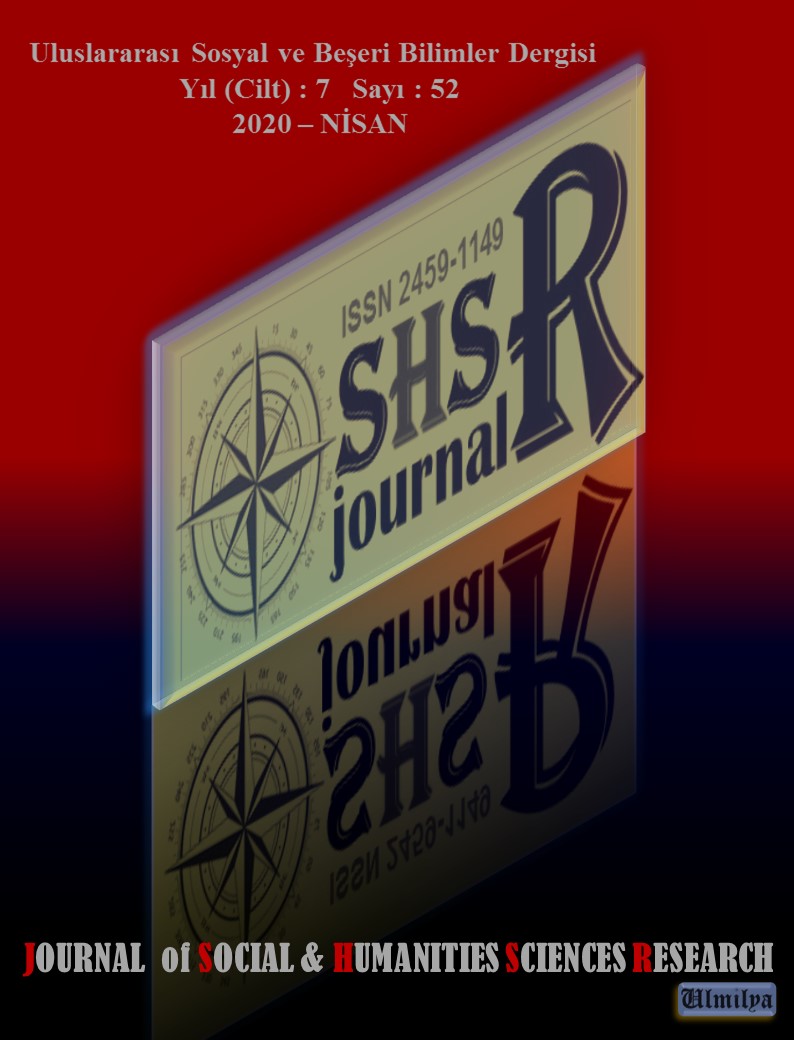EXAMINATION OF THE RELATIONSHIP BETWEEN FOOTBALL REFEREES' SELF-ESTEEM AND DECISION-MAKING STYLES IN TERMS OF VARIOUS VARIABLES (DÜZCE EXAMPLE)
DOI:
https://doi.org/10.26450/jshsr.1829Keywords:
Football referees, Self-esteem, Decision-making styleAbstract
The study aims to examine the relationship between football referees' self-esteem and decision-making styles and these two facts in terms of various variables. For this purpose, the screening model, one of the quantitative research types, was chosen for the model of the study. The study group was; Among the active football referee in Düzce province, 42 volunteers participated in the study. Six questions “Personal Information Form” created by researchers to determine some demographic characteristics of referees, "Rosenberg Self-Esteem Scale" developed by Rosenberg (1965) and adapted to Turkish by Tukuş (2010) to determine self-esteem levels, and Mann et al to determine decision-making styles. (Melbourne) (Melbourne Decision Making Scale) developed by Deniz (2004) and adapted to Turkish by Deniz (2004). Statistical Package for Social Sciences (SPSS) 17.0 was used for the analysis of the data. Frequency, percentage, average and standard deviation values were used in the analysis of the data. The data distributions were examined with Skewness-Kurtosis values since the data showed normal distribution, Pearson correlation test, T-test and ANOVA test, which are the parametric tests, were performed. Significance level was accepted as (p <0.05). The findings of the research are positive between the self-esteem and decision-making styles of the referees active in the football branch; showed that there was a negative relationship between avoidant, procrastination and panic decision making styles and did not make any significant difference in terms of age, marital status, classification, educational status, time of arbitration and income. As a result, the self-esteem of the referees is moderate and the referees usually have a careful decision-making style. As the self-esteem of the referees' increases, their self-esteem and careful decision-making status increase, while avoidant, procrastination and panic decision-making decreases. In addition, age, marital status, classification, educational status, refereeing time and income variables do not represent any significant difference in terms of self-esteem and decision-making styles.
Downloads
Published
How to Cite
Issue
Section
License
Copyright (c) 2020 INTERNATIONAL JOURNAL OF SOCIAL HUMANITIES SCIENCES RESEARCH

This work is licensed under a Creative Commons Attribution 4.0 International License.


